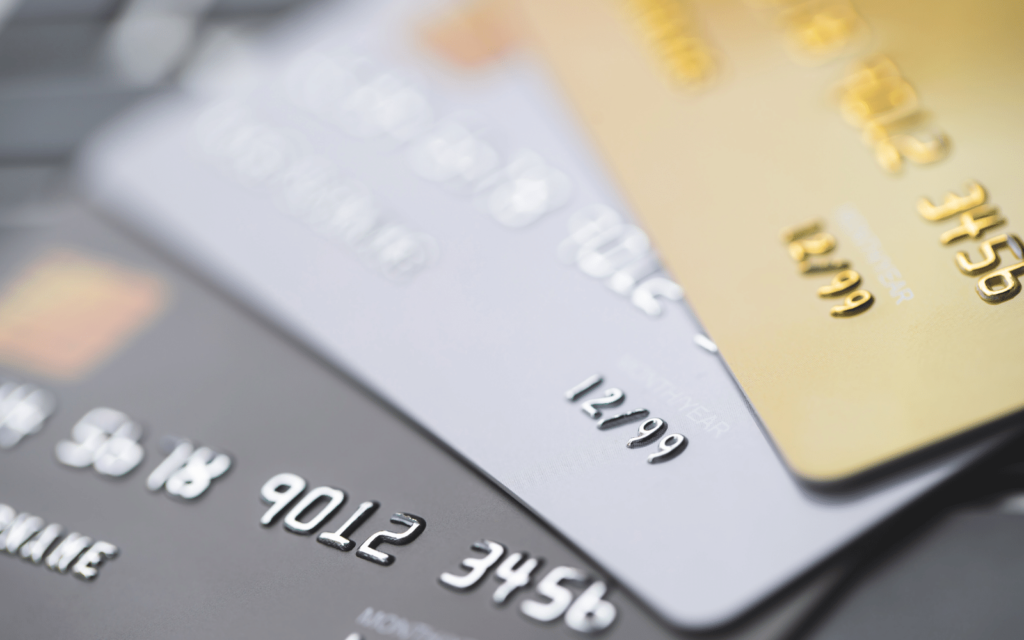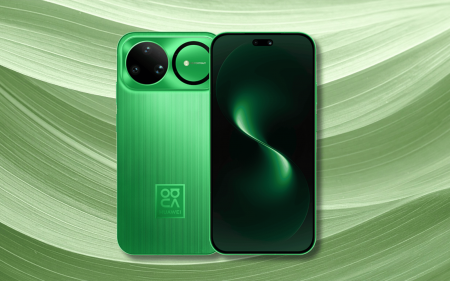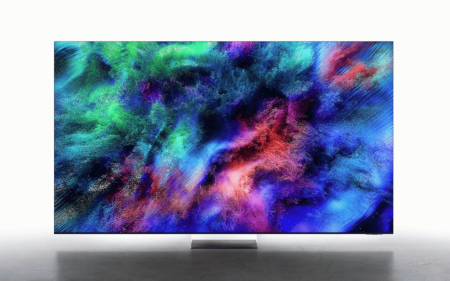The last time I left London, having caught the Heathrow Express to the airport, I hung onto my plastic Oyster card, which still had a few Pounds of credit on it.
When I went back to London for a family holiday earlier this month, I still had that card, as well as a long-since expired SIM card. I have both of those essential items from the many countries I have visited over the years. Knowing a bit about tech has made it possible to get around the world without breaking the data roaming bank. It has also let me occasionally use the Underground with the same flair as a local.
But this month both of those long-used life hacks were extinct. Instead of using prohibitively priced roaming, or being at the whims of free public Wi-Fi, I have been using a clever thing called an electronic SIM card, or eSIM.
It is a truly delightful technology upgrade that I am disheartened so few people know about. Unlike a regular physical SIM car – even though it’s now down the size of a micro-sim – an eSIM is software-enabled. To set it up, you scan a QR code and add the extra “line” to a phone with eSIM capabilities. Most of the top-end smartphones bought in the last few years have this functionality.
The life electric
I use a great company called KnowRoaming.com – set up by South African-born Gregory Gundelfinger. It has specific packages, depending on where you are travelling and for how long. For the UK, I bought 5 gigabytes (GB) for 30 days for just $13 (R215).
Best of all, I activated it before I left and it was functional when I landed at Heathrow airport.
Unlike previous trips overseas that always involved finding a cellular store (if you couldn’t in the airport, which is always overpriced) and at least half an hour of schlepping and activating, this took maybe five minutes in total.
Having connectivity of my own and not relying on the occasional free public Wi-Fi makes navigating a foreign city infinitely easier. You can check a map, call an Uber, video call your son during his dinner time (as I have on previous trips), and do all the other things you do on your phone at home.
If you are going to use public Wi-Fi you should always use a VPN. It is essential because these free networks are notorious for being used to steal your login details. Cybercriminals lurk on them and can “sniff” your password and other things unless your data is encrypted. I use NordVPN, a great security firm from Lithuanian. I discovered that fact after I had been using it for years. If anyone knows how to avoid eavesdropping, it is a former Soviet state which still lives in the shadow of its aggressive neighbour.
Combining credit cards
For payments, I have saved my credit cards into Apple Pay. This has been my default way to pay for groceries, restaurants, and everything else for at least the last year and a half. It also means I could just “tap” for access to the tube or to get one of those classic red London buses.
It’s a godsend for convenience and also for quick access to important things, like tickets. A mobile wallet has become the most useful way to save, and then use tickets for a plane, train, or ferry – all of which have a QR code. Even the London Eye lets you add these to Apple Pay or Samsung Pay.
There is another germaphobic reason to use a virtual credit card: tapping your smartphone also means you don’t have to touch a point-of-sale machine. For that, and pushing lift buttons, I have been using a knuckle for the past decade, after frequently catching colds or flu on overseas trips. Never use your index finger for touching anything, as that is the one you unconsciously use to touch your face or rub your nose.
The Gautrain thankfully also offers such tap payments now. But how do I get all the money off my gold Gautrain cards? I’ve asked a gazillion times, and nobody can help.
Meanwhile, I never got to use my now obsolete Oyster transit card, which will now become a bookmark.
This column first appeared on Daily Maverick




